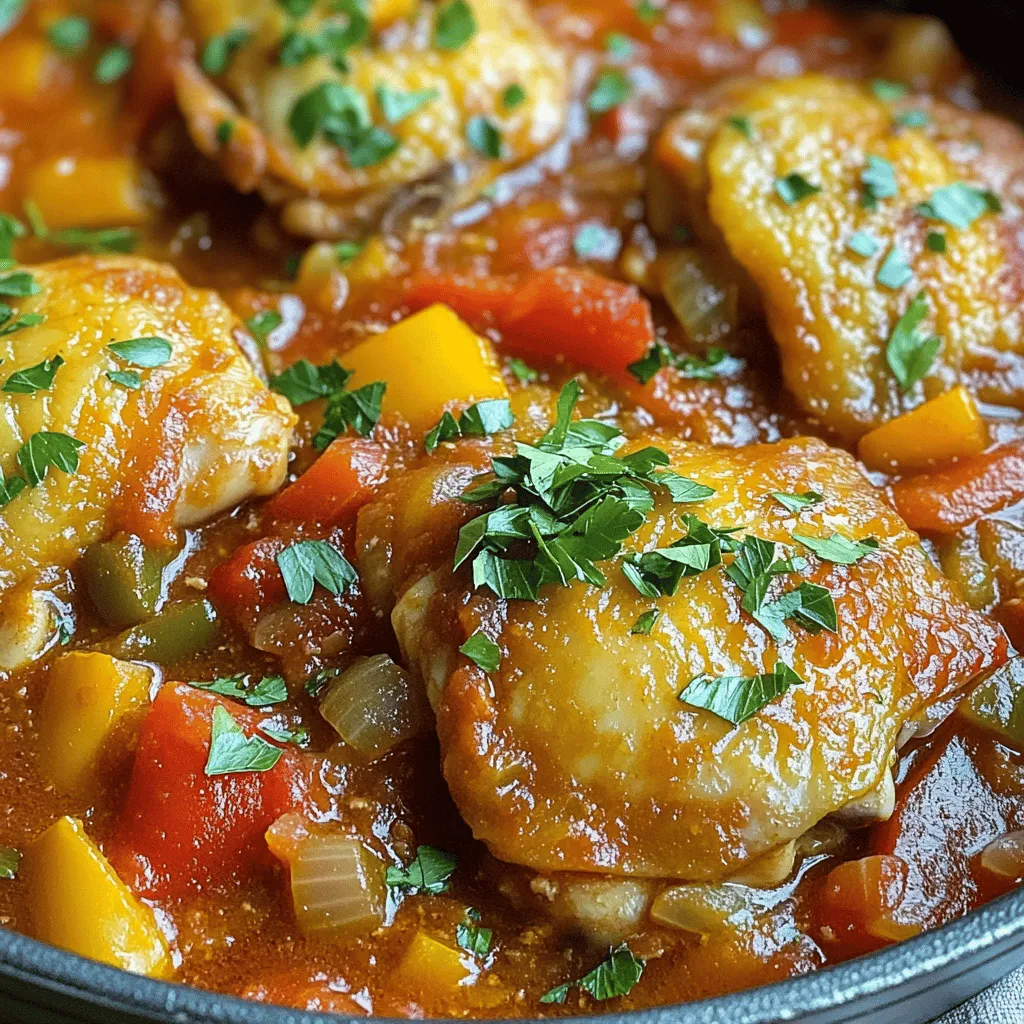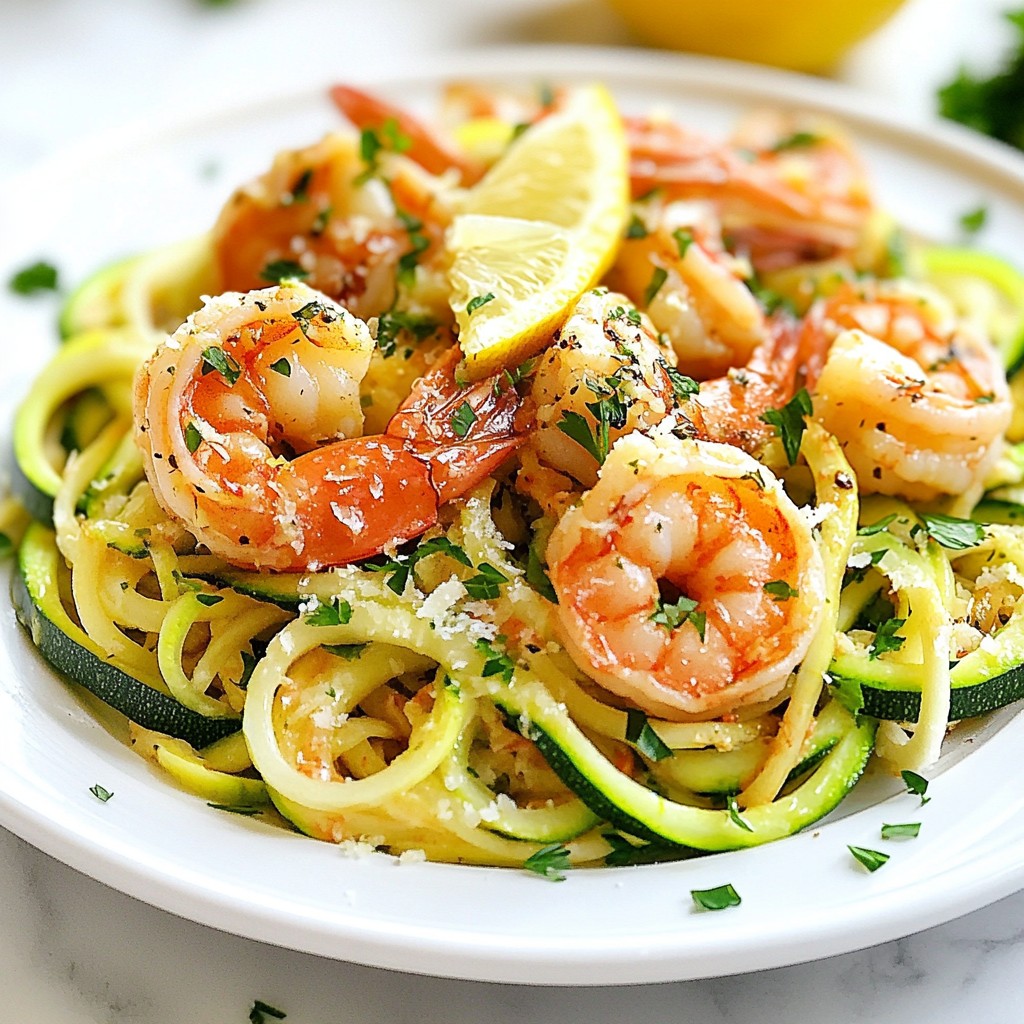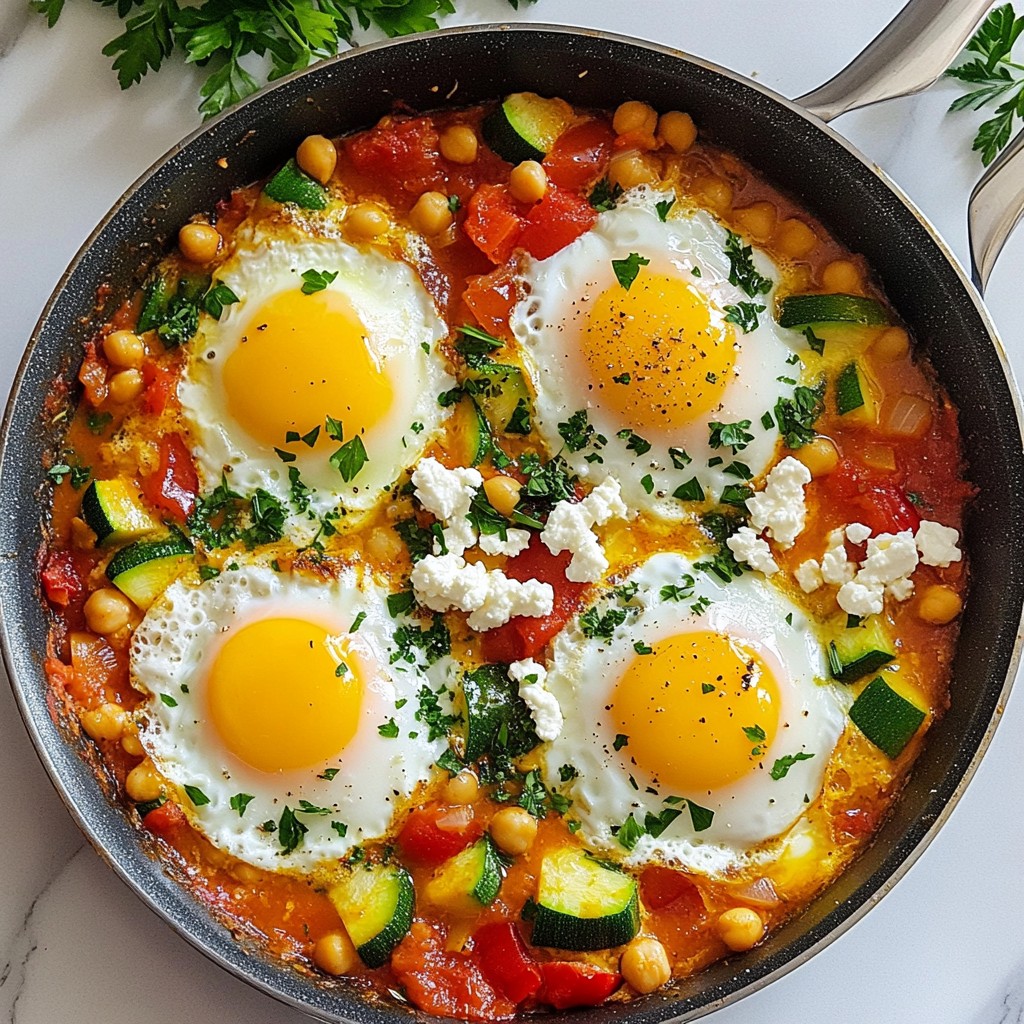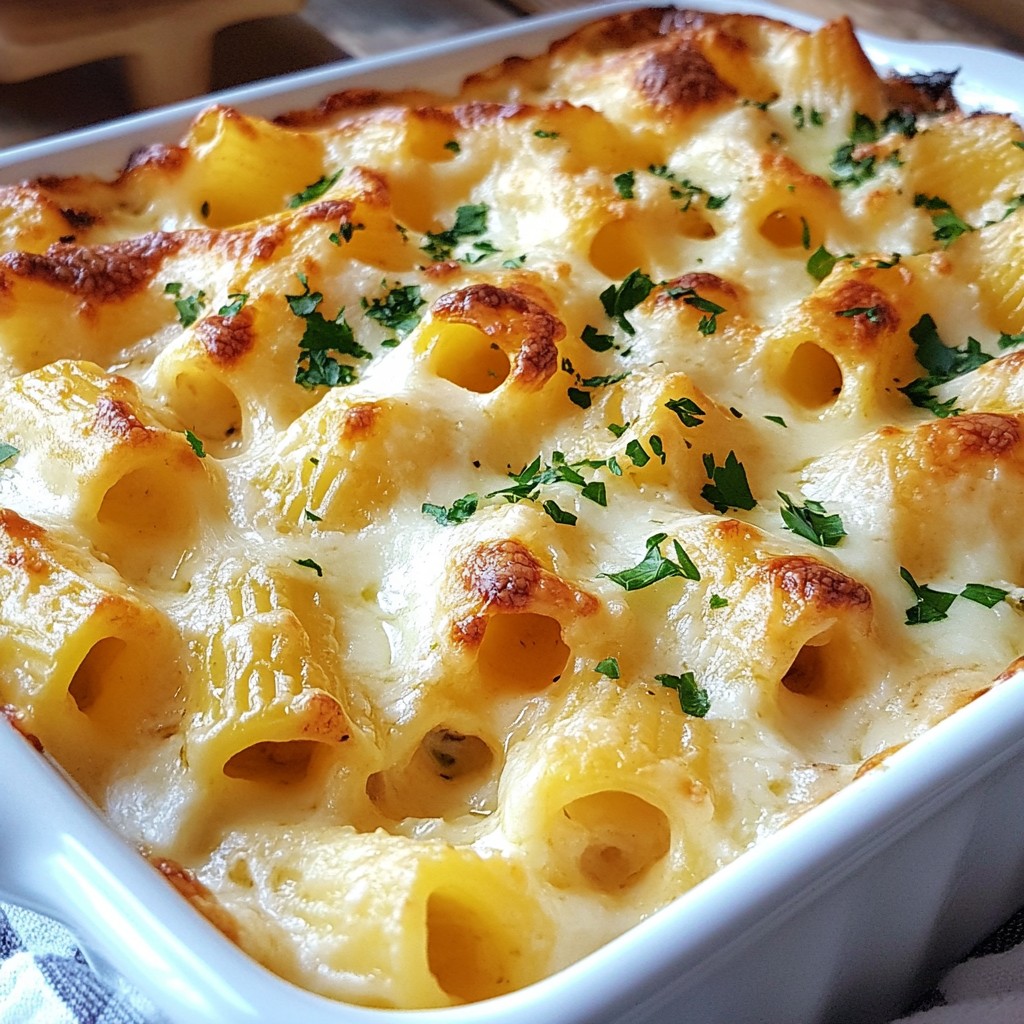Welcome to my kitchen, where I’m excited to share my Easy Chicken Cacciatore recipe! This dish is comforting, packed with flavor, and simple to make. You’ll find all the key ingredients and easy steps to create a meal that warms hearts and fills bellies. Whether you’re a busy parent or a novice cook, you’ll love how quickly this dish comes together. Let’s dive in and cook up something delicious!
Ingredients
Essential Ingredients for Easy Chicken Cacciatore
To make Easy Chicken Cacciatore, you need a few key ingredients. Here’s what you will need:
– 4 chicken thighs, bone-in and skin-on
– 1 cup bell peppers (red, yellow, or green), sliced
– 1 onion, chopped
– 3 cloves garlic, minced
– 1 can (14 oz) diced tomatoes
– 1 cup chicken broth
These ingredients form the heart of the dish. The chicken thighs offer rich flavor and tenderness. Bell peppers add color and sweetness. Onion and garlic bring depth to the sauce. Diced tomatoes create a juicy base, and chicken broth adds more flavor.
Seasonings and Oils
To elevate the taste of your Chicken Cacciatore, you need the right seasonings and oils:
– 1 teaspoon dried oregano
– 1 teaspoon dried basil
– 1 teaspoon red pepper flakes (optional)
– Salt and pepper to taste
– 2 tablespoons olive oil
Dried oregano and basil give this dish a classic Italian flavor. Red pepper flakes add a hint of heat. Olive oil is perfect for cooking the chicken and vegetables. Salt and pepper enhance all the flavors.
Serving Suggestions
When serving Easy Chicken Cacciatore, a few touches can make it special:
– Fresh parsley for garnish
Garnishing with fresh parsley adds a pop of color and freshness.
For side dishes, consider serving with:
– Crusty bread to soak up the sauce
– Pasta, like spaghetti or fettuccine
– A fresh green salad
These sides balance the meal and complement the rich flavors of the dish.Enjoy your cooking!
Step-by-Step Instructions
Prepping the Chicken
To start, I season the chicken thighs. I sprinkle salt and pepper on both sides. This step adds flavor. Next, I heat olive oil in a large skillet over medium-high heat. The right skillet is key. A heavy skillet helps with even cooking. I add the chicken to the hot oil. I sear the chicken for about 5-7 minutes. This creates a golden crust. Once done, I take the chicken out and set it aside.
Cooking the Vegetables
In the same skillet, I add chopped onion and sliced bell peppers. I sauté them for about 4-5 minutes. The goal is to soften the veggies. Once the onions are translucent, I add minced garlic. Timing is crucial here. I cook the garlic for just 1 minute. This step makes the dish smell amazing!
Combining Ingredients
Now it’s time to incorporate tomatoes and broth. I pour in a can of diced tomatoes with their juices. Then, I add chicken broth, oregano, and basil. For a kick, I add red pepper flakes if I want some heat. I stir everything well. Finally, I nestle the chicken back into the mix. It’s like tucking them into a cozy sauce!
Simmering to Perfection
Next, I cover the skillet and reduce the heat to low. I let the dish cook for about 30-35 minutes. This step is vital for tenderness. I check the chicken to ensure it’s fully cooked. If needed, I adjust the heat to keep it simmering. Taste it before serving. If it needs more salt or pepper, I add it now!
Tips & Tricks
Expert Tips for Flavor Enhancement
– Fresh herbs vs. dried herbs: Fresh herbs give your dish a bright taste. Use them when possible, especially parsley for garnish. Dried herbs work too, just use less. They are more potent than fresh.
– Adjusting spice levels: If you like heat, add more red pepper flakes. Start small and taste as you go. This way, you can find the right balance for your taste buds.
Common Mistakes to Avoid
– Overcooking chicken: Keep an eye on your chicken. It should be tender, not dry. Check its temperature; it should reach 165°F for safety.
– Not enough seasoning: Don’t be shy with salt and pepper. It makes a big difference. Taste your sauce while cooking and adjust as needed.
Equipment Recommendations
– Best skillet or Dutch oven for Cacciatore: A heavy skillet or Dutch oven works best. It helps cook evenly and keeps the chicken moist.
– Importance of a lid: Covering your dish while it simmers is key. It traps steam and flavors, making your chicken cacciatore tender and tasty.

Variations
Different Protein Options
You can swap chicken with other meats to change things up. Try using boneless turkey thighs for a leaner choice. Pork shoulder works well too; it adds a different flavor profile. For a classic twist, use beef chuck. Cook it longer for tender results.
If you want a vegetarian alternative, consider using hearty vegetables. Eggplant or zucchini works nicely. Chickpeas can also be a great option. They add protein and texture to your dish.
Flavor Customization
You can elevate the taste by adding mushrooms or olives. Sautéed mushrooms bring an earthy flavor, while olives add a salty punch. You can use black or green olives based on your preference.
Experiment with different herbs to customize the taste. Try fresh thyme or rosemary for a fragrant touch. Adding bay leaves can also enhance the flavor. Mix and match to find your favorite combination.
Cooking Method Options
If you want to save time, consider a slow cooker version. Just brown the meat first, then add all ingredients to the slow cooker. Let it cook for about 6-8 hours on low. The result will be tender and flavorful chicken.
You can also adapt this recipe for an Instant Pot. Use the sauté function to brown the chicken and veggies. Then, add the remaining ingredients and seal the lid. Cook on high pressure for about 15 minutes. Make sure to let the pressure release naturally for best results.
Storage Info
Best Practices for Storing Leftovers
Store your chicken cacciatore in an airtight container. This keeps it fresh. If you plan to eat it soon, the fridge is best. It’s safe to store in the fridge for three to four days. For longer storage, use the freezer. In the freezer, it can last for up to three months. Just remember to label it with the date.
Reheating Tips
To reheat, use the stove or microwave. If using the stove, add a splash of chicken broth. This helps keep the dish moist. Stir gently over low heat until hot. If using the microwave, cover it. Heat in short bursts to avoid drying it out. Check every minute to ensure it heats evenly.
Duration for Safe Consumption
Chicken cacciatore lasts about three to four days in the fridge. After that, it may spoil. Always check for signs of spoilage before eating. If it looks or smells off, throw it away. For frozen cacciatore, consume it within three months for best taste.
FAQs
Can I use skinless chicken for this recipe?
Yes, you can use skinless chicken thighs. Skinless meat cooks faster. It absorbs flavors well. However, skin adds richness and crispiness. Without skin, the dish may be less juicy. You should adjust cooking time to ensure the meat is tender and cooked through.
What can I serve with Chicken Cacciatore?
Chicken Cacciatore pairs well with many sides. Here are a few ideas:
– Pasta: Spaghetti or fettuccine works great.
– Rice: White or brown rice soaks up the sauce.
– Bread: A crusty loaf or garlic bread is perfect.
– Salad: A simple green salad is refreshing.
Can I make Chicken Cacciatore ahead of time?
Yes, you can prepare Chicken Cacciatore ahead. Cook it fully, then cool it down. Store it in an airtight container in the fridge. It stays good for up to three days. To reheat, warm it on the stove or in the oven. Add a splash of broth if it seems dry.
How do I make Chicken Cacciatore spicier?
To spice up your Chicken Cacciatore, try these tips:
– Add more red pepper flakes. Start with one teaspoon, then taste.
– Use fresh jalapeños or serranos. Chop them finely and add them early.
– Experiment with hot sauce. A few dashes can bring heat and flavor.
In this article, we explored the essential ingredients for easy chicken cacciatore, the step-by-step cooking process, and helpful tips. You learned about flavor enhancements and common pitfalls to avoid. Variations and storage tips ensure you can enjoy this dish multiple ways.
Chicken cacciatore is a versatile and comforting meal. It’s easy to make and adjust to your taste. I encourage you to try this recipe and make it your own!




